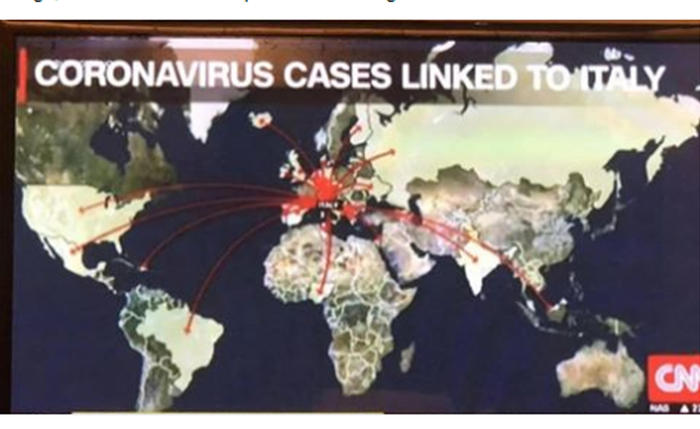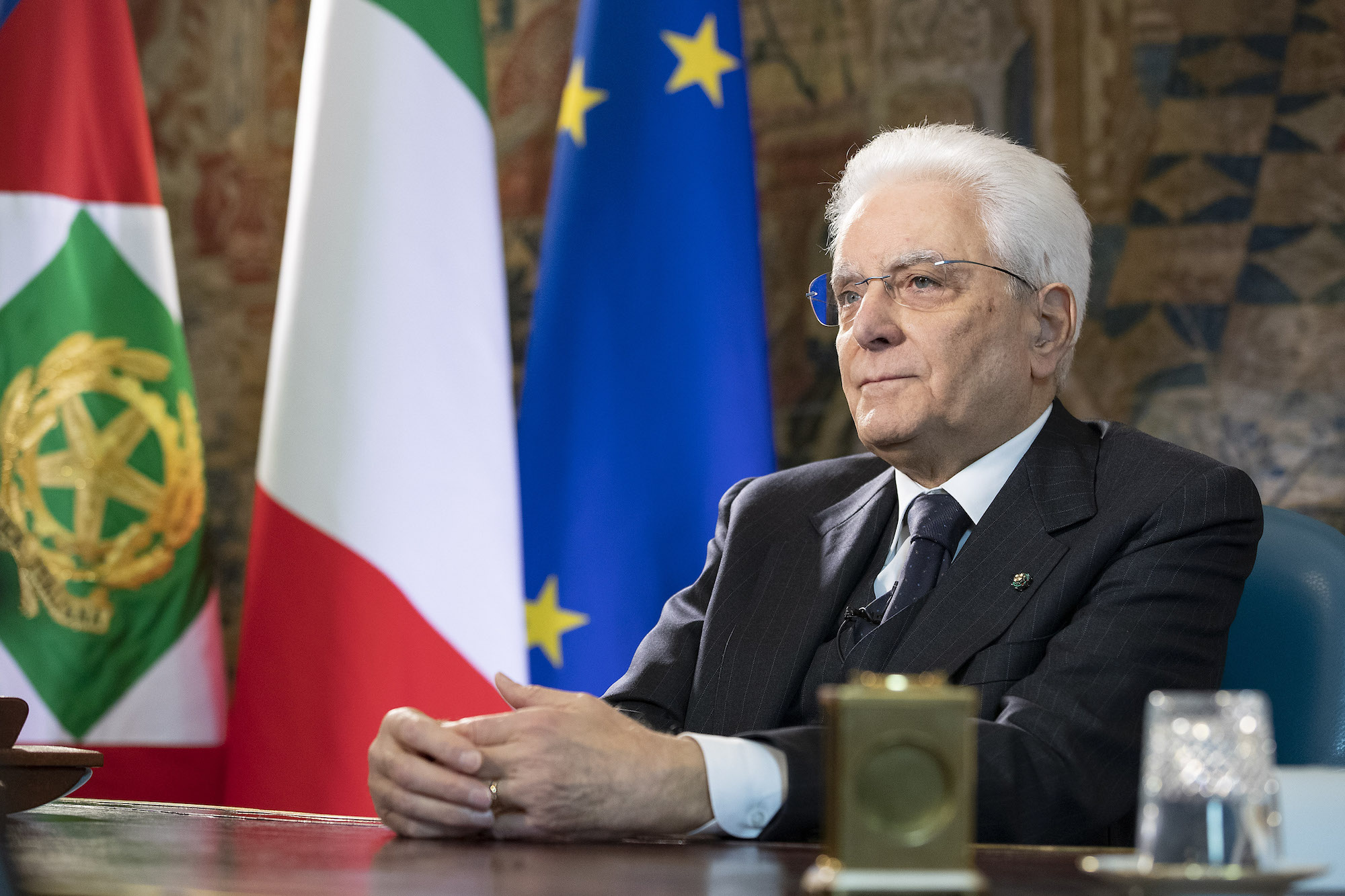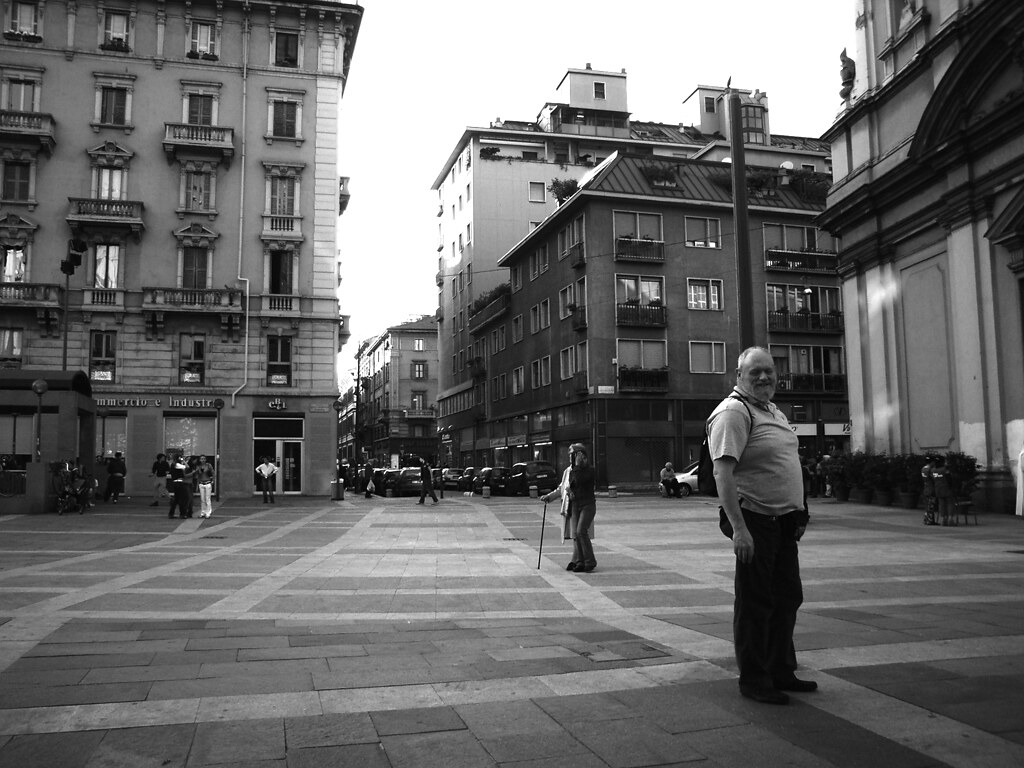Over the last few days, an inspiring video showing the many beauties of Italy has started popping up all over the social media. Art, culture, beautiful landscapes, as well as food and wine: without any doubt, that’s why Italy is admired all over the world. And on many Facebook accounts, that video has been accompanied by an eloquent caption, “Italy, the only virus is beauty.” However, the hard truth is that, since the first Coronavirus outbreak occurred in Lombardy, these days what Italy is globally most famous for is the health emergency the country has been facing. And the last decree issued by the government, which—among other measures—has closed all the schools and universities of the country until mid-March, sends a clear message to the entire world: not only does the emergency exist, it is also undeniably serious.
“It wasn’t an easy choice, as it sends out a signal abroad” Italy’s Prime Minister Giuseppe Conte pointed out–referring to the closure of all schools–in a press conference held on Thursday. As a matter of fact, over the last few weeks the government has not only been trying to contain the spread of the virus, it has also been struggling to restore—not very successfully—the usual image of the country abroad. The crisis is severely damaging the Italian economy. According to some figures, the tourism sector could suffer 7.4 billion euros of losses. That’s why last week, Foreign Minister Luigi Di Maio and Health Minister Roberto Speranza tried to reassure the foreign press about the ongoing crisis. “In Italy, we’ve gone from an epidemic risk to an ‘info-demic’ of confirmed disinformation, which at this moment is hitting our flow of tourists, our business and our whole economic system,” Mr. Di Maio said. “The epidemic of misleading information is doing more damage to Italy than the risk of the virus epidemic itself,” the Minister told reporters.
Despite reassurances, the government’s attempt didn’t seem to succeed. Just one day after the press conference, the US Department of State issued a negatively revised travel advisory, which, as well as discouraging Italy as a destination due to the Coronavirus emergency, also mentioned the “longstanding risk presented by terrorist groups, who continue plotting possible attacks in Italy.” And a few days later, a CNN report triggered outrage in the country, as it pinpointed Italy—and not China—on a map as the main source of contagion all over the world. Moreover, several countries in the world have issued travel restrictions for Italian tourists and many airlines are canceling flights to Italy.

No matter if, in recent hours, the “New England Journal of Medicine” has identified “patient zero” in Europe as a German citizen, the damage, for Italy, has already been done. Codacons, Italy’s main consumer association, pointed out that closing schools will have “enormous consequences” for Italian families. “Those who cannot count on relatives to look after their children will have to take time off work, meaning a drop in productivity across all of Italy and enormous economic repercussions.” On top of that, the government is reportedly considering extending the measure for more weeks. It’s no surprise that Mr. Conte’s administration has decided to allocate 7.5 billion euros to support Italian families and companies struggling with financial losses. During the press conference on Thursday, Mr. Conte added that, “it is expected that the EU Commission will be consulted in this process we’ve been working on, in order to create this deviation from the budgetary objectives.” In other words, Italy is trying to obtain more flexibility in its deficit from the EU in order to address the crisis.
Another sector that is suffering from the epidemic’s consequences is healthcare. Italy, as well as other European countries, has an almost completely public system, deemed to be one of the best in the world. However, it is estimated that over the last 10 years, the sector has lost 37 billion euros of funds, due to budgetary cuts or under-investment. And while in America the debate on healthcare has been igniting the Democratic primaries, Italy is now realizing the importance of preserving and strengthening its system. In the country, any citizen who presents suspect symptoms can be tested and, if necessary, treated, totally free of charge. One problem is that if the epidemic continues spreading, the intensive care sectors may end up being overcrowded, and hospitals may lack beds. Another problem is the shortage of physicians and nurses. It is no coincidence that, under the new decree issued by the government, hospitals will be allowed to recall retired personnel in order to help face the crisis.
In addition to all this, the obsessive debate going on night and day on TV and social media helps worsen the general feeling of a country in disarray. The government has been accused of schizophrenic behavior from many quarters, as, while adopting serious measures and reportedly contributing to the widespread alarmism, it then tried to allay the fears in an attempt to limit the economic losses. The experts themselves couldn’t agree about the severity of the situation. Some of them described the Coronavirus as a “simple flu,” others expressed concern about the pulmonary complications it may entail. However, everyone agrees that citizens over the age of 65–more than 13 million people in Italy–are among the groups most at risk; that’s why the government has advised them to stay at home.

In the midst of chaos, on Thursday the President of the Republic, Mr. Sergio Mattarella, appeared on TV in order to send a message of national unity: “We are a great modern country, we have an excellent national healthcare system which is working very efficiently thanks to the generous dedication of the medical staff, at all professional levels,” he underlined. “We will overcome the challenges of these days. […] Yesterday, the government–which the Constitution entrusts with the task and the means to decide–has issued a series of everyday behavioral hints, suggested by scientists and authoritative experts,” the President added. “I’d like to invite you all to respect those suggestions, even though they might temporarily change some of our life habits. […] We can and must trust Italy,” he concluded.










